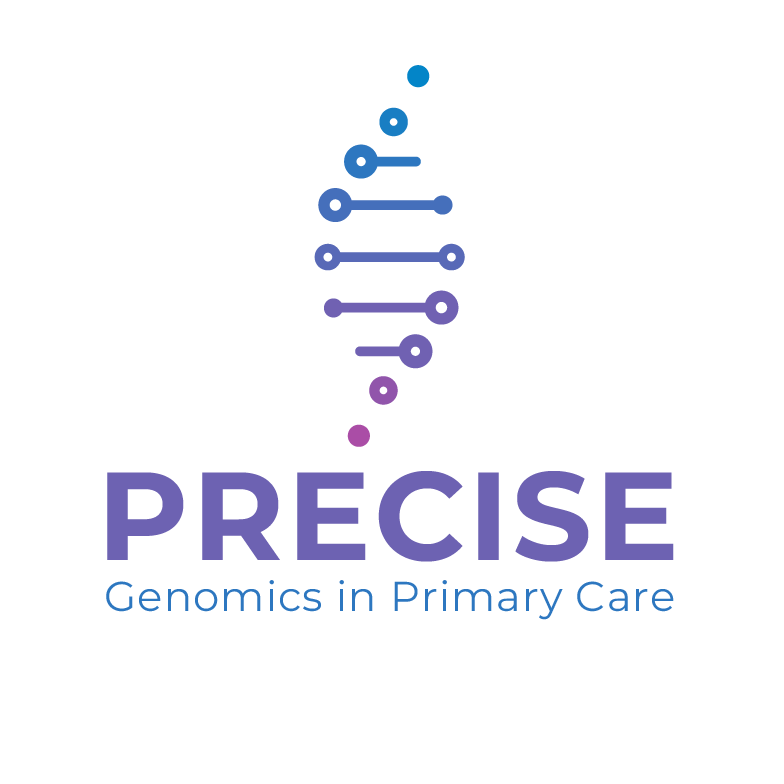Better Together: GP Supervisor Education
A. They are all well-known pairings whose individual elements complement each other, and whose sum is greater than its parts.
(Well, perhaps not country and western).
And, in the context of medical education for GP supervisors, perhaps another complementary pairing could be said to be clinical and educational professional development.
GP supervisors are the foundation stone of general practice training in Australia. College standards (and common sense) demands that GP supervisors have excellent clinical skills, but are also skilled in teaching – content, methods and assessment. But for years the apple pie and ice cream of GP supervisor professional development, clinical updates and education skill development, have been separated.
Until now. A new program, developed and delivered by Medcast, has melded these two highly complementary GP supervisor educational needs into an engaging training activity, the Hot Topics GP Supervisor Workshop.
Let’s start with the clinical bit.
Hot Topics is a model of educational delivery which aims to update GPs with recent medical evidence and most importantly, how it can be applied in day-to-day practice. It has been running in the UK through NB Medical for more than 15 years and is the pre-eminent CPD program for British GPs. It ticks all the boxes – case-based, non-pharma sponsored or influenced, diverse (multiple brief presentations on a breadth of clinical topics, without the guff), GP-led, regionally contextualised (or Australianised for a Down Under audience), and engaging, with plenty of dad jokes.
Last year’s program included clinical updates on topics as broad as tailored pill prescribing, burnout, UTI, vaping and EVALI, CV risk prevention in older people, asthma, HRT and the role of inflammatory markers in ruling out serious illness in non-specific presentations (limited).
Last year’s participants will now know that thyroid function is actually highly stable over time and that we don’t need to do nearly as many thyroid function tests, that iron can be beneficial for treating restless legs, even in the absence of iron deficiency, and that faecal calprotectin is a very helpful test in differentiating organic from functional bowel disease.
Oh, and that antibiotics are still wildly over-prescribed, but I think I knew that anyway.
And secondly, there’s CPD for the educational role of the GP supervisor.
As a medical educator working in the supervisor space for a couple of decades, I am acutely aware of the challenges of delivering innovative and engaging training in educational content and methods to GP supervisors. Or in fewer words, what can we teach them that is new and interesting? But in truth it always gravitates back to the basics and the need to do them well – consultation analysis, case discussion, feedback.
Which brings us to the Medcast course for supervisors. Half of the program is pure clinical content, delivered in the Hot Topics format. And the other half is application of this clinical update through the demonstration and practice of a variety of teaching methods, including direct observation, random case analysis, problem case discussion, pathology and imaging results review and role play.
The educational component reflects the Hot Topics philosophy in aiming to cover a diversity of practical and relevant teaching methods and keeping the supervisors highly engaged.
Review of the clinical content by applying it in a teaching method helps reinforce learning i.e. “I have just learnt that bile acid diarrhoea is a commonly missed cause of chronic diarrhoea and now I am going to teach it to a role-playing registrar as part of random case analysis”. And it’s fun.
Medcast are very keen to offer the Hot Topics GP Supervisor Workshop to supervisors in your region. You can register your interest here.

Simon is a GP based in Newcastle, NSW, and a senior medical educator with Medcast. He also has medical education roles with the RACGP and GPSA.
Over the past three decades, Simon has worked in clinical and educational roles in NSW and the NT, as well as in the Republic of Ireland. He has published over 75 peer reviewed journal articles, and in 2018 received the RACGP Corliss award for his contribution to medical education.
Simon is passionate about high quality education and training. He has particular interests in GP supervisor professional development and the rational use of tests and medicines. He is a proud member of Doctors for the Environment. He spends his spare time drinking craft beer and pretending that he is a musician in the Euthymics, an all-GP band.
Become a member and get unlimited access to 100s of hours of premium education.
Learn moreLifestyle medicine prescribing requires a specific approach for veteran patients that incorporates service-informed prescribing principles. This blog discusses the importance of lifestyle prescribing in veteran care while providing practical tips for GPs when formulating an effective management strategy for those who have served.
MyMedicare is now part of routine general practice, with practical implications for billing, continuity of care, and practice systems. This FastTrack clarifies important points regarding eligibility, impacts on the GPCCMP billing, and how to avoid rejected claims. 30mins each RP and EA available.
Genomics is now part of everyday general practice. The PRECISE Genomics in Primary Care hub gives Australian GPs fast, practical tools to recognise genetic red flags, guide testing and support timely referrals.


